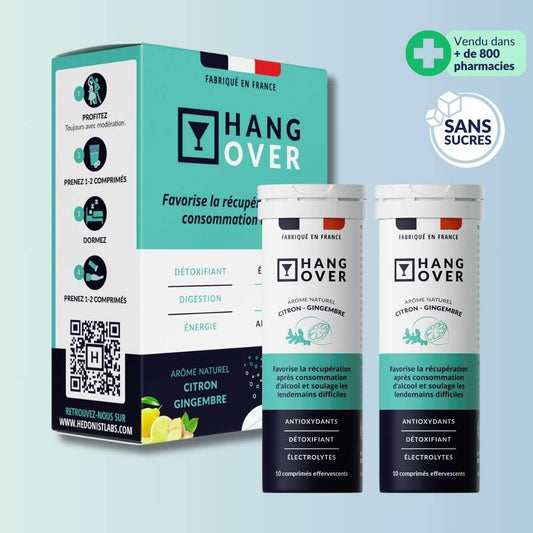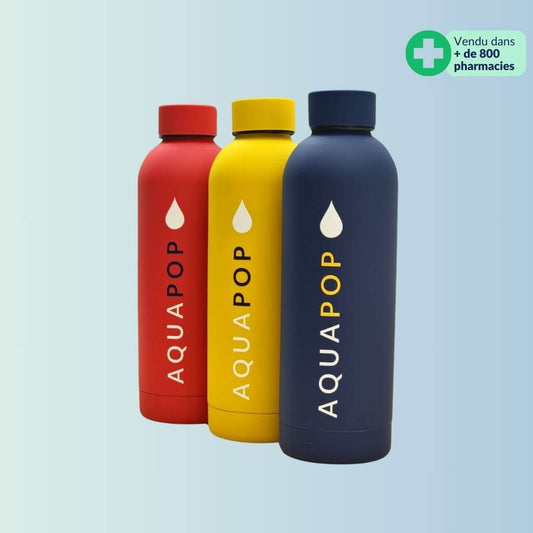Alcohol consumption is often seen as a way to relax and unwind after a long day, but the truth is that it can actually worsen symptoms of anxiety and depression. While alcohol may initially provide feelings of relaxation and calmness, it is a depressant that can have negative effects on both physical and mental health.
How does it happen?
Alcohol slows down the activity of the brain and body. When we consume alcohol, it circulates in the blood and reaches the brain, where it interacts with neurotransmitters that control various bodily functions, including mood, cognition, and behavior.
One way alcohol depresses us is by increasing levels of the neurotransmitter gamma-aminobutyric acid (GABA), initially leading to feelings of relaxation and calmness – which may seem like a good thing. However, over time, this can result in a decrease in the brain's natural production of GABA, potentially causing or exacerbating symptoms of anxiety and depression.
Alcohol can also interfere with the absorption and processing of nutrients, such as B vitamins and folates, which are essential for maintaining healthy brain function. Deficiency in these nutrients can contribute to feelings of depression and other mental health issues.
It's important to note that alcohol consumption is not the only factor that can worsen symptoms of anxiety and depression. Other factors, such as stress, poor sleep, and lack of physical activity, can also contribute to these disorders. However, alcohol consumption can exacerbate these symptoms and make them more challenging to manage.
What are the symptoms?
When alcohol depresses us, it can have a range of effects on our physical and mental health. Here are some common signs of depression due to alcohol:
-Slowed reaction time: Alcohol is a depressant, meaning it slows down the central nervous system. This can result in slowed reaction time, coordination issues, and decreased motor skills.
-Lowered inhibitions: Alcohol can lower inhibitions, making it easier to act impulsively or engage in risky behaviors. This can have negative consequences, such as drunk driving, unprotected sexual activity, or violence.
-Mood changes: Alcohol can cause mood changes like sadness, irritability, or aggression. This is because alcohol affects neurotransmitter levels in the brain, such as dopamine and serotonin, which are responsible for mood regulation.
-Memory problems: Excessive alcohol consumption can impair memory and cognitive functions, making it harder to memorize events or recall information.
Mitigate Hangover Effects with HANG-OVER!
Overall, while alcohol may initially provide feelings of relaxation and calmness, it is a depressant that can worsen symptoms of anxiety and depression over time. Those experiencing these disorders should seek professional help and avoid alcohol and other substances that may interfere with their treatment. Effectively prevent hangover symptoms with HANG-OVER. With the presence of vitamin E, grape seed extract, and N-acetyl-L-cysteine in HANG-OVER, oxidative stress is significantly reduced.





